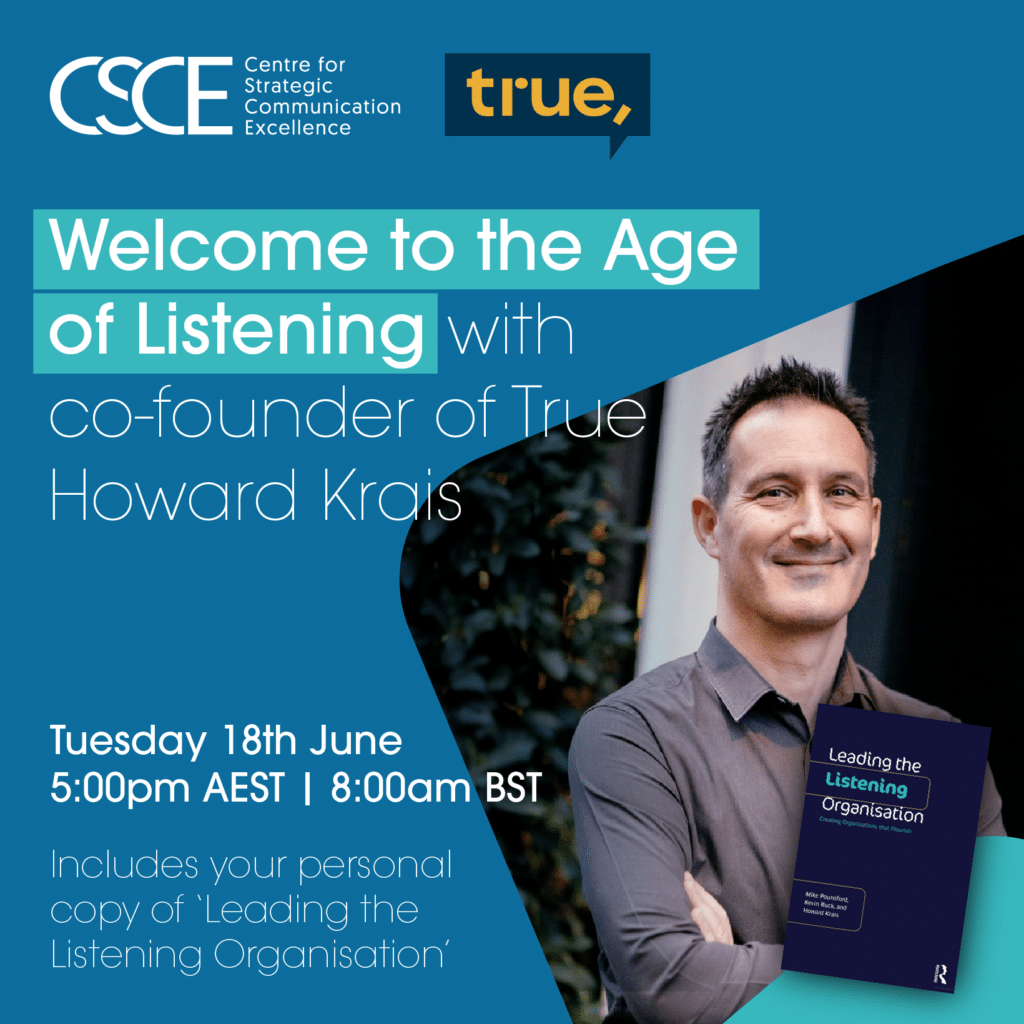We got a call from a prospective new client: “We need crisis media training. Put our execs through their paces for radio and TV, you know. Give them a bit of a scare?”
Sure, we assured them, we can do the A’s, B’s, C’s and more of old media training; aggressive questioning techniques; ‘bites’ of the sound variety; clarification and counterpoint techniques and so forth…but why are you stopping at radio and TV, especially given the context of the modern narrative-shaping environment? What about the bigger picture?
“Pardon??”
Trust in traditional media has plummeted
Patient as we are, we explained why this organisation – an international charity brand – should take a more holistic and considered approach to their media training needs. After all, crises (and media interviews) don’t happen in a vacuum but, rather, within a much broader and complex global ecosystem of commentary, concerns, criticism and carping. We cited recent scandals for Oxfam, CAFOD and SCIAF where the PR backlash has not been contained to radio or TV channels; horrible stuff the scandal and scuttlebutt is, too.
As we drilled further into their brief, it transpired that the charity’s C-suite had maybe confused that training was the desired outcome. In truth, it was a mere conduit to the golden goal of effective message communication and reputation management for crisis situations.
Now, in a modern media environment where social and search have become more credible delivery channels than ‘old media’ (Edelman’s very engaging Trust Barometer suggests that trust in organisations and traditional media has plummeted of late), doesn’t it make sense to tackle how the business can also prepare and learn how to leverage influence at search and social levels; highly credible sources of crisis commentary? Maybe even figure out how to use radio and TV content to gain better search and social media traction?
“Oh…yeah – that’s interesting,” the client kinda said,“but the execs would never do social media training – there’s a whole department for that stuff!”
Has your social media team done mixed media crisis training?
And has the social media team ever done real crisis comms training we asked, ever-so-mischievously. (Imagine the sound of tumbleweed blowing along a CBD street, for a few moments).
When we explained how media training should now be embedded across the business using a trans-media crisis simulation environment – to better reflect the new challenges of responding to, influencing and managing the crisis narrative – our contact person got quite excited!
” It would scare them to bits to think they had to be good at social media as well!”
Plus, people remember around 90% of what they experience and do, so immersive learning delivers greater benefits to your business. And, I added, any shared, close shave experience really helps teams to bond better. One of our healthcare clients actually said that after our Drill crisis simulation training, his national team seemed very much more motivated, unified and on the same page. Another of our clients insists that our Drill portal must become a staple of HR budgets rather than comms purses!
Radio and TV stations post audio/video links on social media
It’s a fast-paced, agenda-driven and ever-shifting media landscape we all operate in. Recognising the interconnectivity of crisis media channels and reports is essential if you want to train and prepare your people for how to handle any modern multi-mediated PR disaster. For e.g. a radio station may publish links to an upcoming or recent expose report via Twitter or Facebook. Or, a TV channel will have an online news clip uploaded to its Instagram page. And then there’s the whole ‘fake news’ bizo to get your collective heads around. Media training can no longer be done in isolation, was my bottom line sign-off.
“I’ll push really hard for this option,” the client assured me.
So when we claim “Media training is pretty much dead” what we’re saying is that in isolation…it really is.
We’re also showing the increasing preference for sensationalised, over-claiming click-bait headlines that try to stir engagement, interest or ire. Did the headline pull you in?
Are your crisis plans stuck in a time warp?
But if your organisation isn’t recognising the more demanding realities of modern crisis reporting then it’s surely stuck in a bit of a time warp; and that’s not where you want to be when trying to refine and rehearse your crisis comms processes.
Oh, and at the end of last week a fellow consultant asked us if we could handle some social media crisis training for one of their financial clients…”Only if media training remains firmly in the crisis scenario mix!” we insisted.





